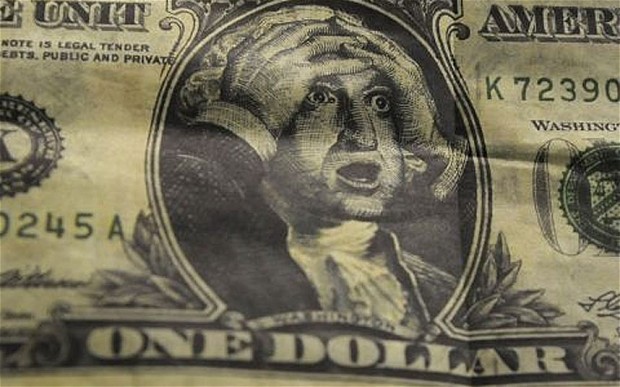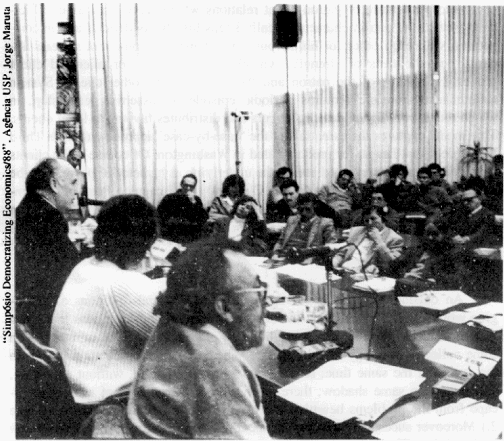At Risk Currency Privilege of the Dollar
Post on: 17 Май, 2015 No Comment

Not all government debt is created equal. Some governments get a much better deal than others, and no one gets a better deal than the United States.
The United States borrows in its own currency, and it borrows at extremely low interest rates. It also borrows under its own laws, an often overlooked advantage. Such a situation makes default — or at least involuntary default — impossible because the government can print dollars if need be. The value of the dollars it repays may be less than the value of the dollars it borrows, but that is a risk the lenders accept. The United States could change its laws, but it is trusted not to abuse that right.
Complacency on Wall Street Could Be Worse Than a Panic OCT. 9, 2013
Tracing the Calendar Down to the Last Cent OCT. 9, 2013
In 1933, when Franklin D. Roosevelt became president, the world was in the Great Depression and many countries were devaluing their currencies in a desperate attempt to stimulate exports and growth. That left the United States at a disadvantage, and one of the first things the president did was to persuade Congress to devalue the dollar.
Photo
In 1935, the Supreme Court concluded that the government could devalue the dollar.

The United States, like other countries, was on the gold standard. A dollar was worth 25.8 grains of gold, and anyone with a dollar bill could turn it in for that much gold. President Roosevelt and Congress redefined the dollar as being worth 15.238 grains and made it illegal for Americans to own gold coins. They were required to turn in their old gold coins for dollars, which they received according to the denomination of the coin, not on the basis of weight.
United States government bonds of that era specified that the payment of interest and principal was to be made in gold dollars, at the old rate. Many private bonds had similar provisions. Congress overruled all those provisions.
Was that legal?
In 1935, the Supreme Court answered. Chief Justice Charles Evans Hughes, with the support of four of his colleagues, concluded that the government could change the private contracts. just as it could pass a bankruptcy law that enabled some debtors to escape their obligations. But, he said, the government had no legal right to amend its own bonds.
Then, in a pirouette that left legal scholars gaping, he ruled that because it was no longer legal to own gold coins, a bondholder suffered no actual losses. Had the government paid gold coins, the bondholder would have been required to exchange them for dollars at the new rate.














